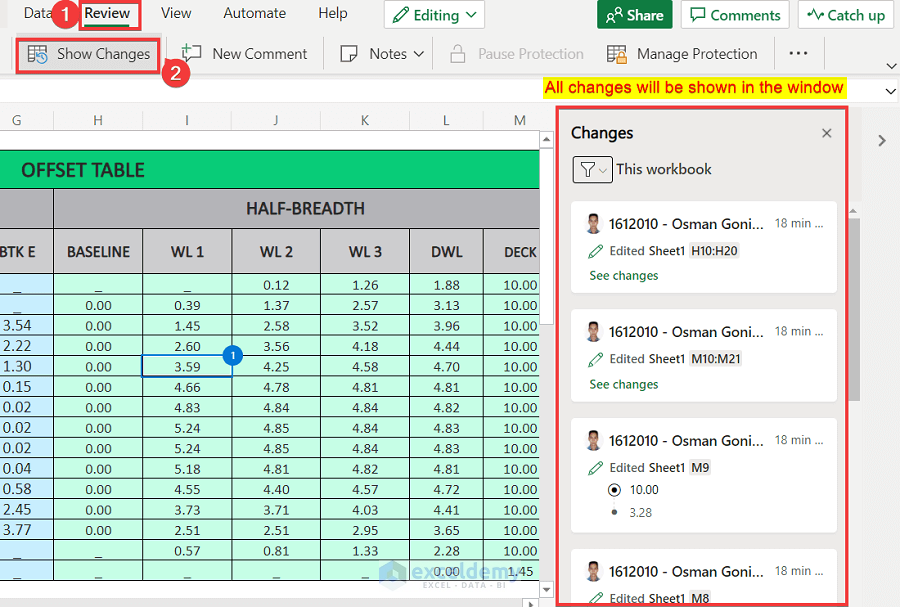How Long to Keep Car Insurance Documents: A Guide

In today's fast-paced world, managing paperwork can often feel overwhelming, especially when it comes to keeping essential documents like car insurance records. Knowing how long to keep car insurance documents can not only help in decluttering your space but also ensure you have the necessary documentation readily available when needed. This guide will delve into the importance of retaining these documents, how long you should keep them, and tips for efficient document management.
Why You Should Keep Car Insurance Documents

There are several compelling reasons why you should keep your car insurance documents:
- Proof of Coverage: In case of an accident or theft, you’ll need to prove that you had active insurance at the time of the event.
- Claims and Disputes: Insurance companies might request historical data if there are disputes regarding claim amounts or if your policy was active during an incident.
- Legal Obligations: In some jurisdictions, keeping insurance records for a certain period is a legal requirement, particularly if involved in an accident or legal proceedings.
- Audit Trails: Insurers can perform audits to ensure policyholders have been truthful in their applications and claims.

How Long Should You Keep Car Insurance Documents?

The length of time for which you should keep car insurance documents varies based on several factors:
- Statute of Limitations: Each state has a different statute of limitations for legal actions related to insurance claims. Keeping records for the longest period possible in your state or country is advisable.
- Type of Document:
- Policy Documents: Keep the current policy and the last three years of policies for potential claims or disputes.
- Accident Reports: Retain indefinitely, or at least until the statute of limitations runs out plus one year.
- Payment Proofs: Store for at least three years to substantiate continuous coverage.
- Claims: Keep for seven years or as required by law, whichever is longer.
- Federal Guidelines: The IRS suggests keeping tax-related documents, like those that qualify for insurance premium deductions, for seven years.
Best Practices for Document Management

Effective document management ensures you can easily access your car insurance documents when needed. Here are some best practices:
- Digitization: Scan important documents and keep digital copies. Cloud storage with encryption provides security and accessibility.
- Physical Filing: Organize documents chronologically or by type, using clearly labeled folders or binders.
- Paperwork Purge: Annually review and shred outdated documents that are no longer required.
📝 Note: Always ensure that digital copies are backed up regularly to prevent data loss.
Final Thoughts

Keeping car insurance documents organized is not just about compliance; it’s also about smart risk management and peace of mind. Following the guidelines for how long to keep car insurance documents ensures that you’re prepared for unexpected events, claims disputes, or even routine inspections by your insurer. Remember, good document management can make a significant difference in your insurance experience, potentially saving time, money, and stress.
How can I safely dispose of old insurance documents?

+
Shredding is the safest way to dispose of old insurance documents to prevent identity theft. Also, ensure that digital documents are securely deleted.
What should I do if I can’t find my insurance policy?

+
Contact your insurance provider. They can provide a replacement or digital copy of your policy. Keep your policy number or any account information handy.
Can I keep my insurance documents in a digital format only?

+
Yes, you can. However, ensure you have secure backups, like cloud storage with encryption, to protect against data loss or hacking. Some regions might also require physical copies for legal proceedings.



